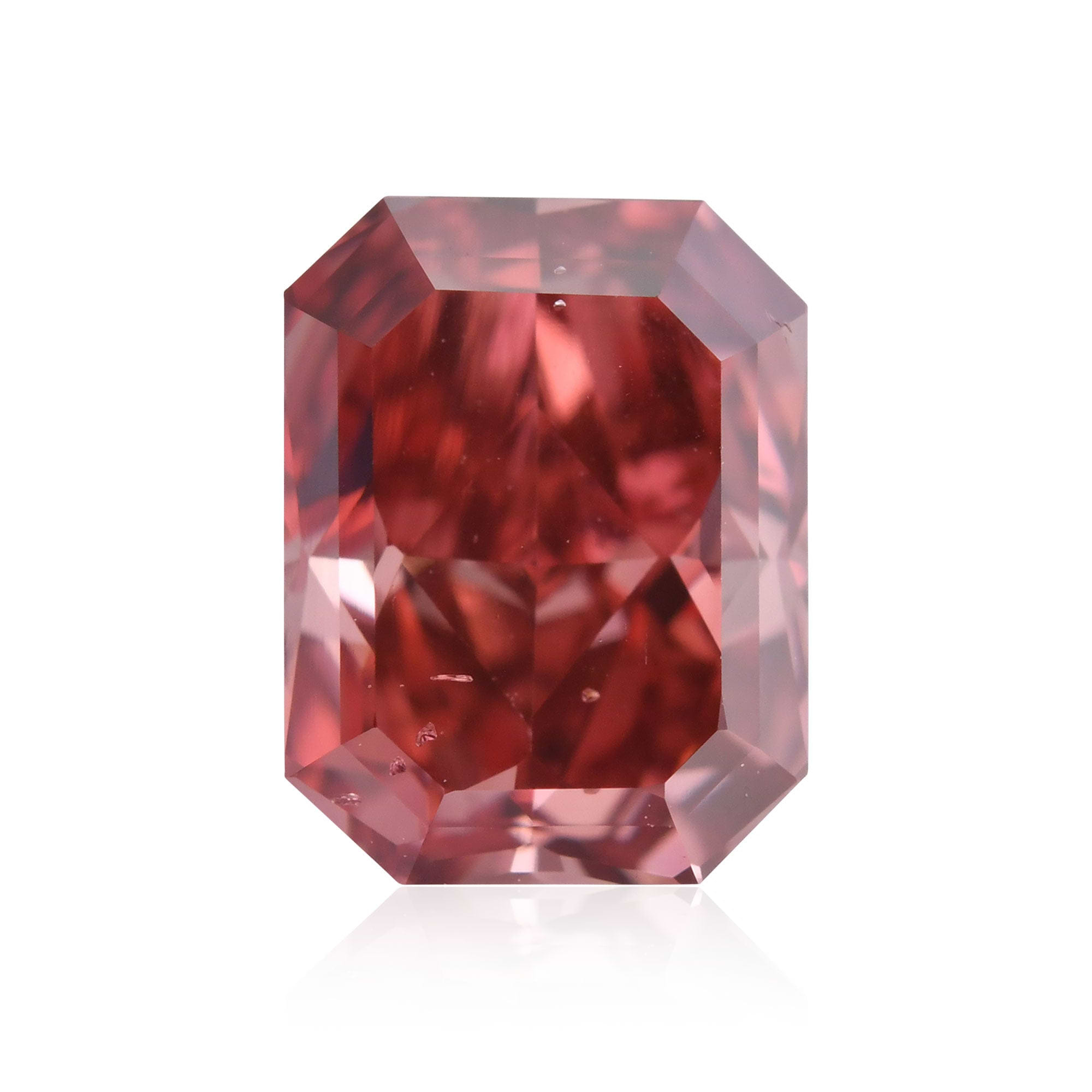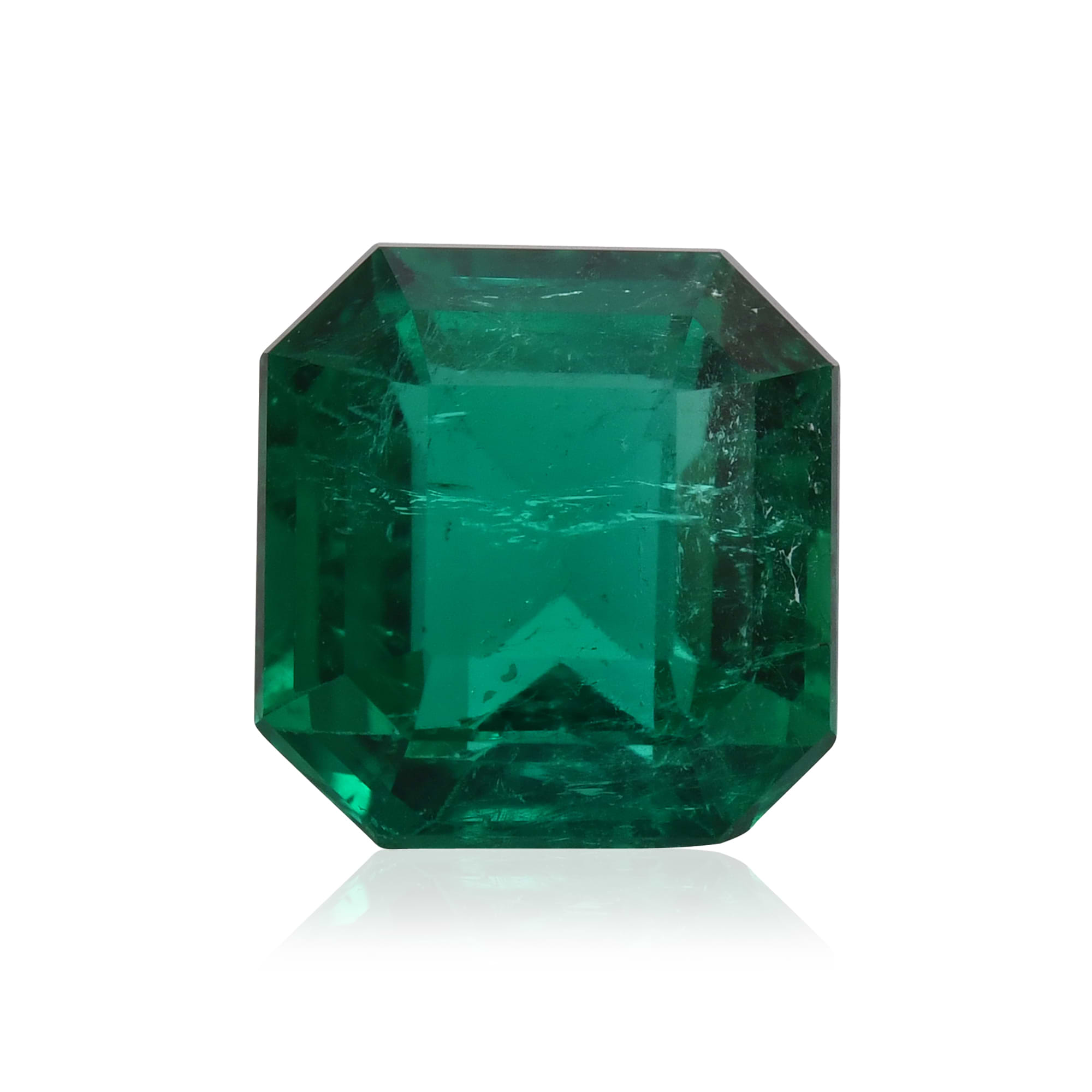
Published on December 24, 2024 in
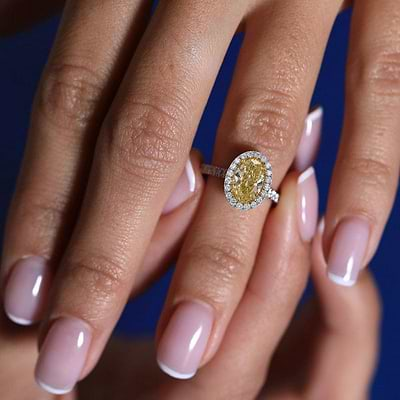
Published on December 24, 2024 in
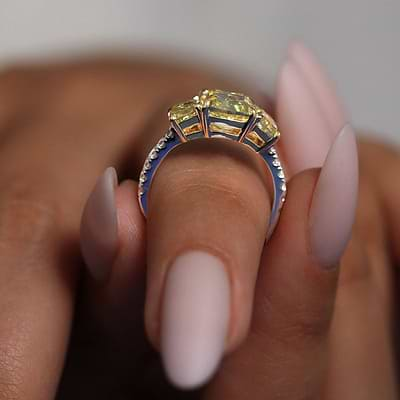
Published on December 11, 2024 in
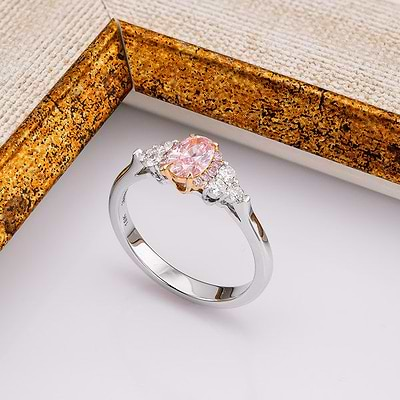
Published on December 05, 2024 in
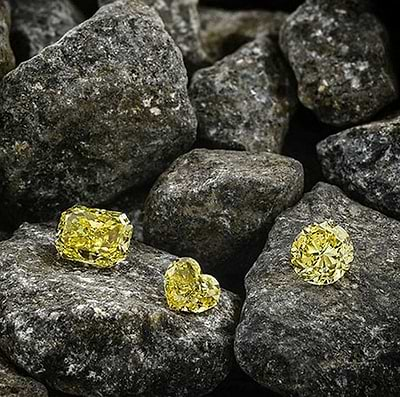
Published on December 04, 2024 in

Published on December 02, 2024 in

Published on December 02, 2024 in

Published on December 02, 2024 in
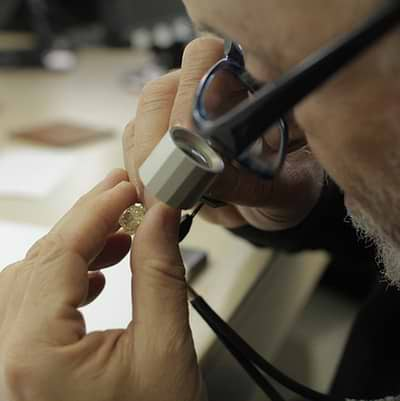
Published on December 01, 2024 in

Published on December 01, 2024 in

Published on October 28, 2024 in
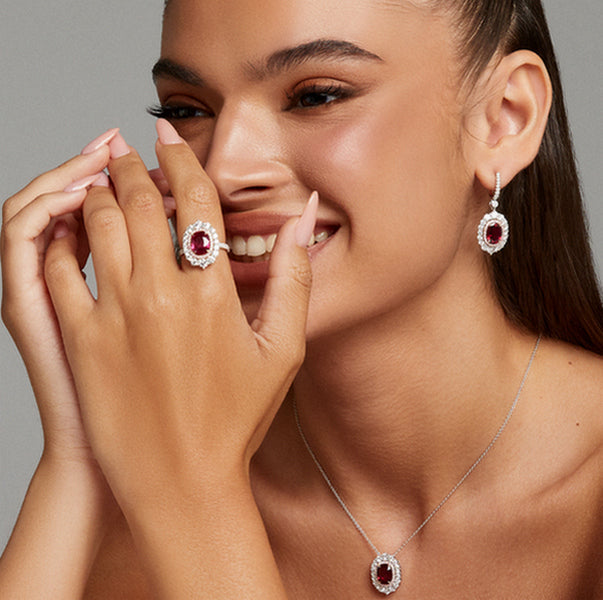
Published on October 22, 2024 in

Published on October 22, 2024 in
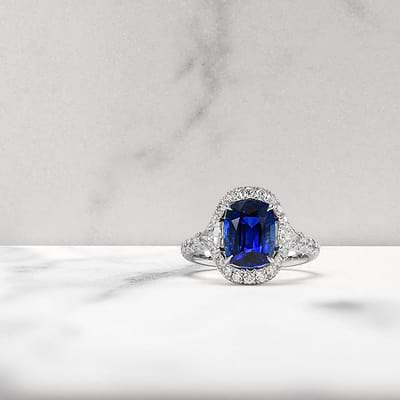
Published on September 03, 2024 in
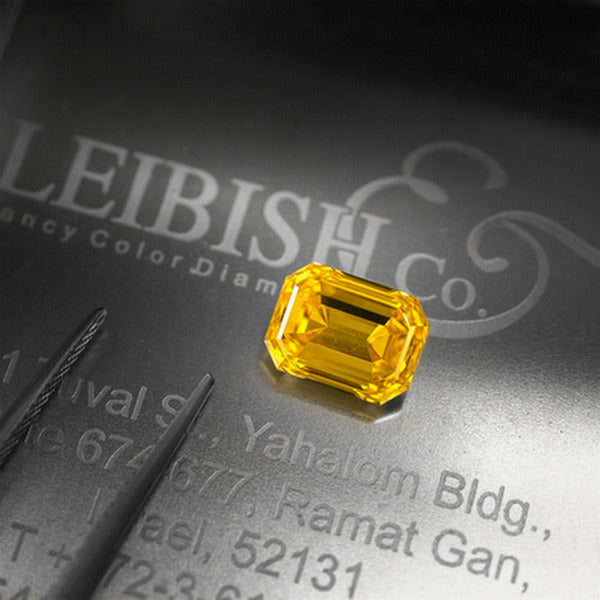
Published on September 02, 2024 in

Published on September 02, 2024 in

Published on September 02, 2024 in

Published on August 28, 2024 in

Published on August 28, 2024 in
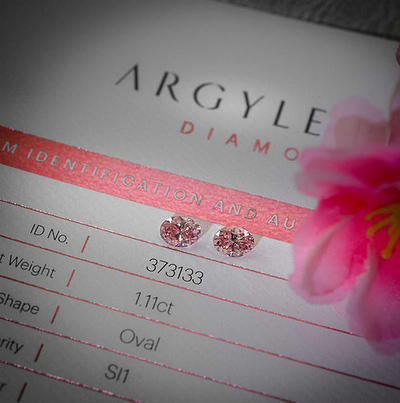
Published on August 28, 2024 in

Published on August 27, 2024 in

Published on August 27, 2024 in

Published on August 27, 2024 in
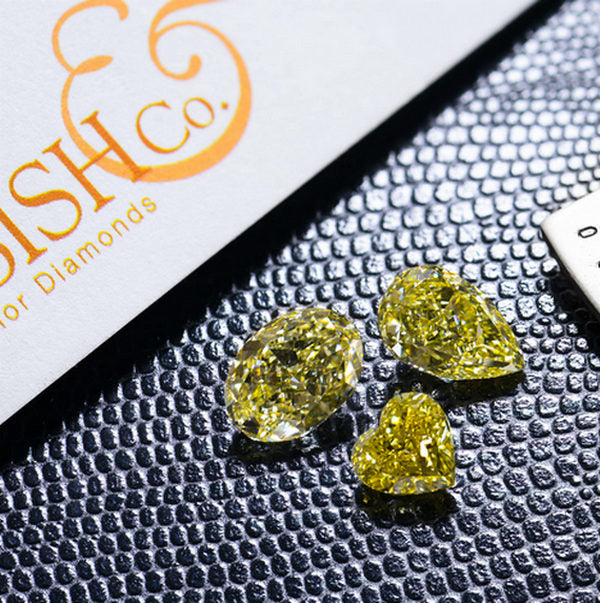
Published on August 27, 2024 in

Published on August 27, 2024 in

Published on August 19, 2024 in

Published on August 19, 2024 in
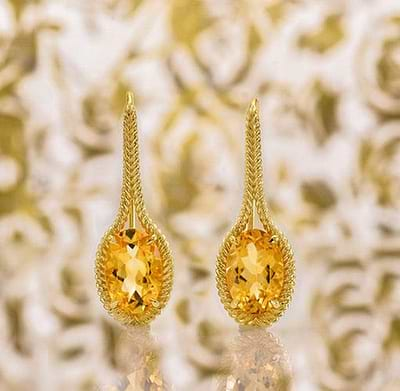
Published on August 19, 2024 in

Published on August 19, 2024 in

Published on August 18, 2024 in
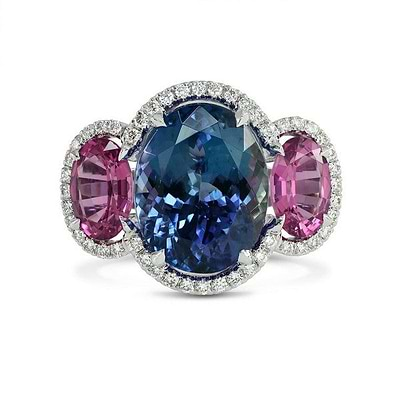
Published on August 18, 2024 in

Published on August 18, 2024 in

Published on August 18, 2024 in

Published on August 18, 2024 in

Published on August 18, 2024 in

Published on August 18, 2024 in
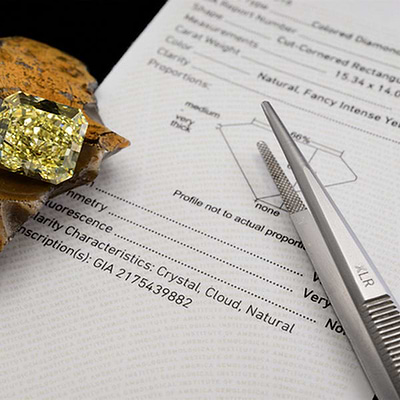
Published on August 18, 2024 in
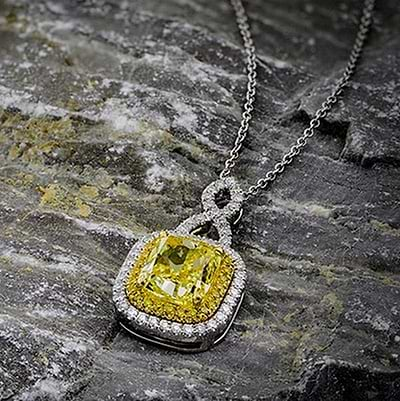
Published on August 18, 2024 in
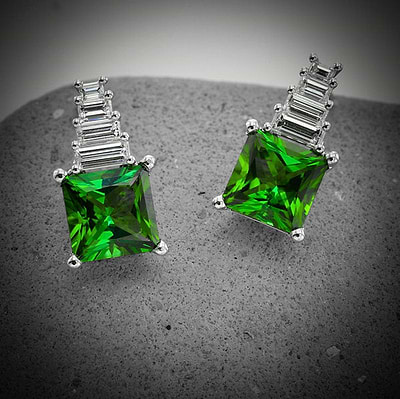
Published on August 18, 2024 in
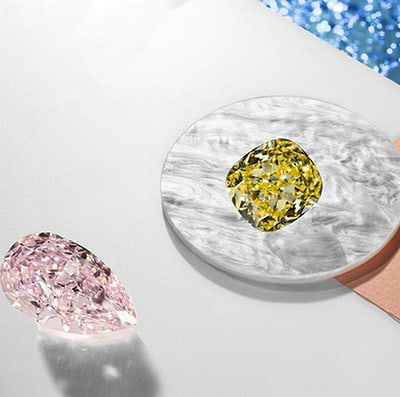
Published on August 18, 2024 in

Published on August 18, 2024 in

Published on August 18, 2024 in

Published on August 18, 2024 in

Published on August 18, 2024 in

Published on August 18, 2024 in
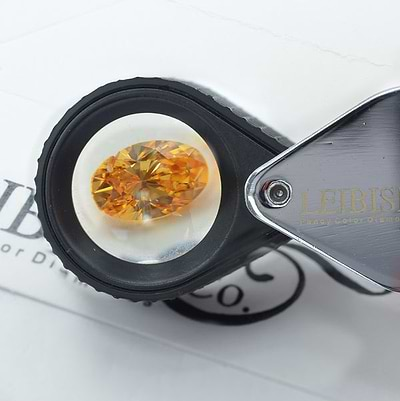
Published on August 18, 2024 in

Published on August 18, 2024 in

Published on August 15, 2024 in

Published on August 15, 2024 in

Published on August 15, 2024 in

Published on August 15, 2024 in

Published on August 15, 2024 in

Published on August 15, 2024 in

Published on August 15, 2024 in

Published on August 15, 2024 in
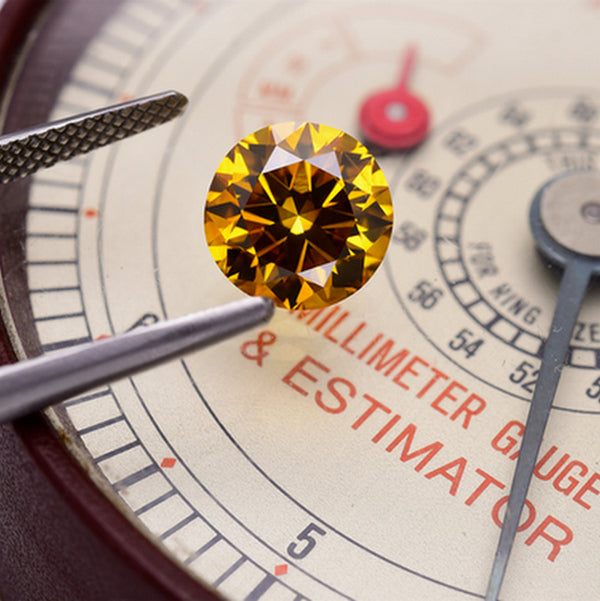
Published on August 15, 2024 in

Published on August 14, 2024 in

Published on August 14, 2024 in
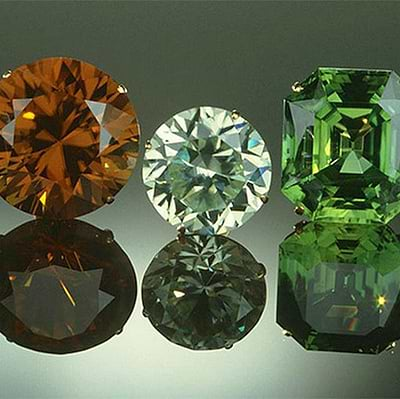
Published on August 14, 2024 in
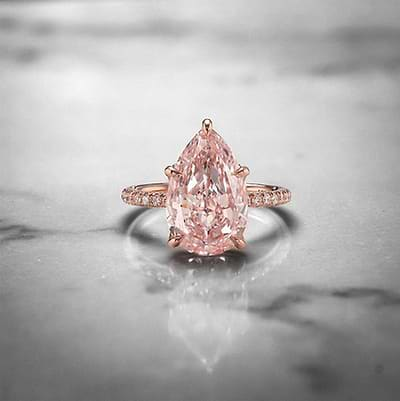
Published on August 14, 2024 in

Published on August 14, 2024 in

Published on August 14, 2024 in

Published on August 14, 2024 in

Published on August 14, 2024 in

Published on August 14, 2024 in
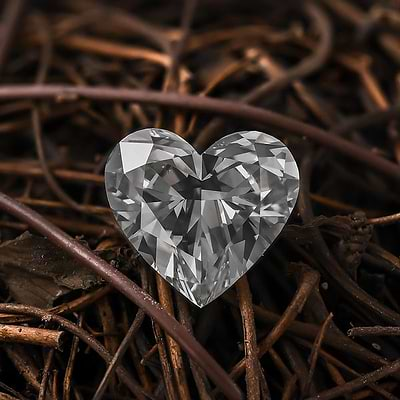
Published on August 14, 2024 in

Published on August 14, 2024 in

Published on August 14, 2024 in

Published on August 14, 2024 in

Published on August 14, 2024 in

Published on August 14, 2024 in
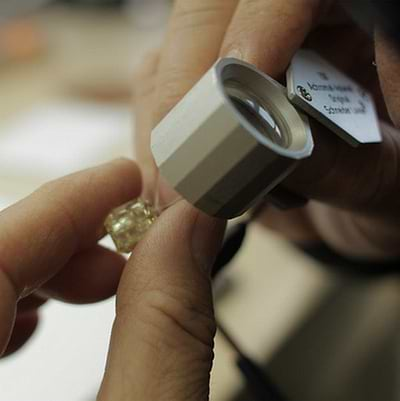
Published on August 12, 2024 in

Published on August 12, 2024 in

Published on August 12, 2024 in

Published on August 12, 2024 in

Published on August 12, 2024 in

Published on August 12, 2024 in

Published on August 12, 2024 in
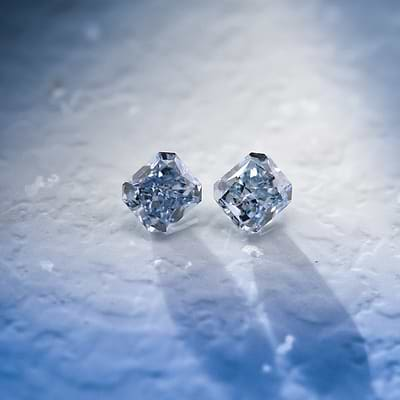
Published on August 12, 2024 in

Published on August 12, 2024 in

Published on August 12, 2024 in

Published on August 12, 2024 in

Published on August 12, 2024 in

Published on August 12, 2024 in

Published on August 12, 2024 in

Published on August 12, 2024 in
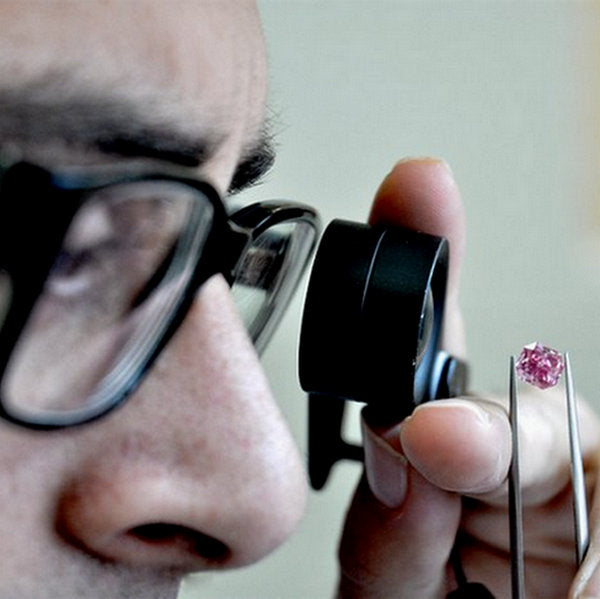
Published on August 12, 2024 in

Published on August 11, 2024 in

Published on August 11, 2024 in

Published on August 11, 2024 in

Published on August 11, 2024 in

Published on August 11, 2024 in

Published on August 11, 2024 in

Published on August 11, 2024 in

Published on August 11, 2024 in

Published on August 11, 2024 in

Published on August 11, 2024 in

Published on August 11, 2024 in

Published on August 11, 2024 in

Published on August 11, 2024 in

Published on August 11, 2024 in

Published on August 11, 2024 in
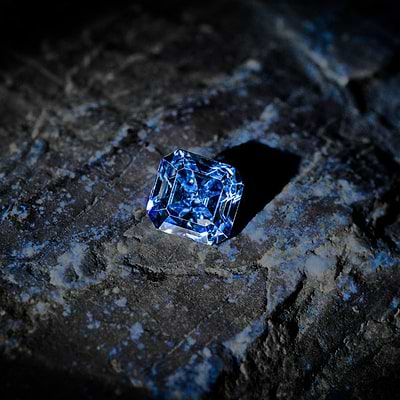
Published on August 11, 2024 in

Published on August 11, 2024 in

Published on August 11, 2024 in

Published on August 11, 2024 in

Published on August 08, 2024 in

Published on August 08, 2024 in

Published on August 08, 2024 in

Published on August 08, 2024 in
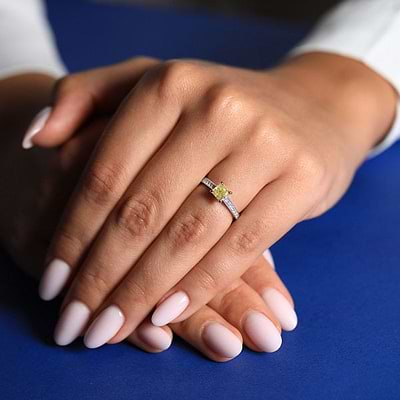
Published on August 08, 2024 in

Published on August 08, 2024 in

Published on August 08, 2024 in
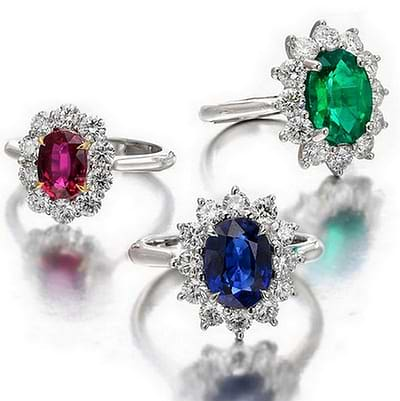
Published on August 08, 2024 in

Published on August 08, 2024 in

Published on August 08, 2024 in

Published on August 08, 2024 in

Published on August 07, 2024 in

Published on August 07, 2024 in

Published on August 07, 2024 in

Published on August 07, 2024 in

Published on August 07, 2024 in
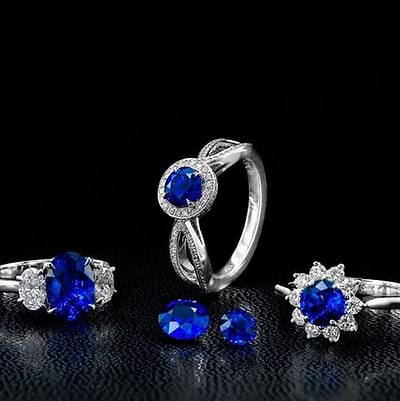
Published on August 07, 2024 in

Published on August 07, 2024 in

Published on August 07, 2024 in

Published on August 07, 2024 in

Published on August 06, 2024 in

Published on May 23, 2024 in

Published on May 23, 2024 in

Published on May 23, 2024 in

Published on May 23, 2024 in

Published on May 23, 2024 in

Published on May 23, 2024 in

Published on May 23, 2024 in

Published on May 23, 2024 in
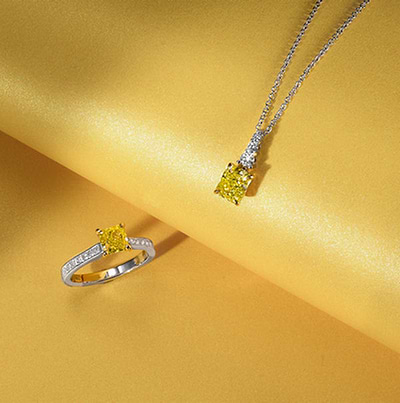
Published on May 23, 2024 in

Published on May 23, 2024 in

Published on May 23, 2024 in

Published on May 23, 2024 in

Published on May 23, 2024 in

Published on May 23, 2024 in





















